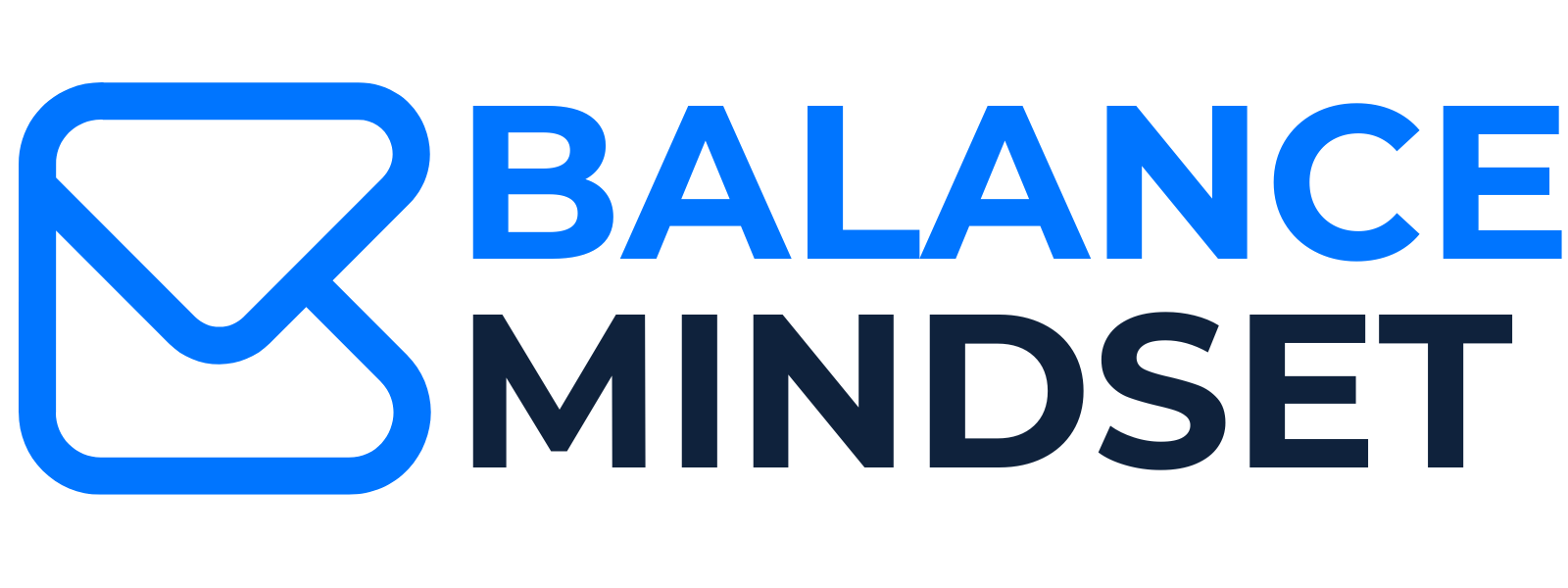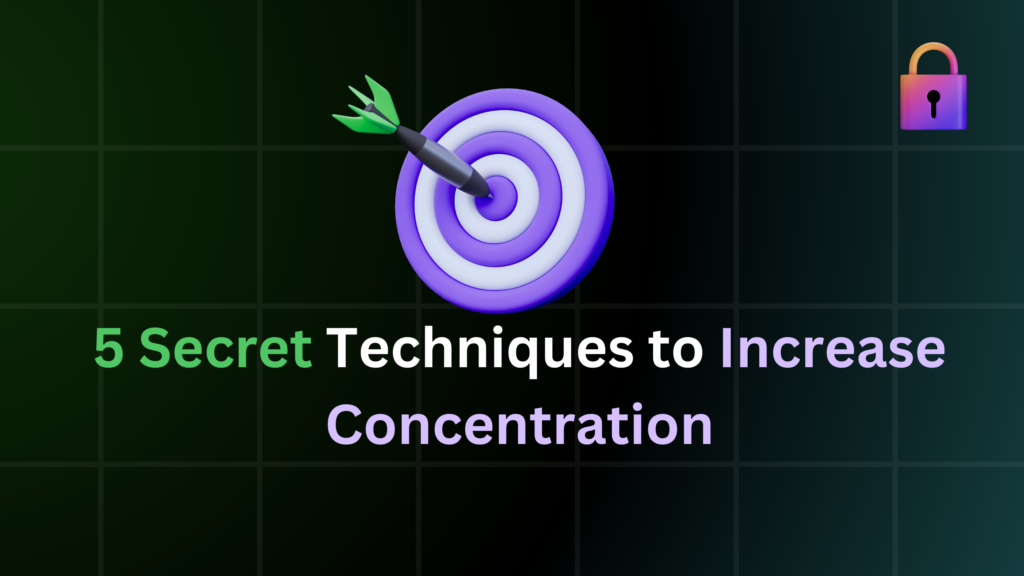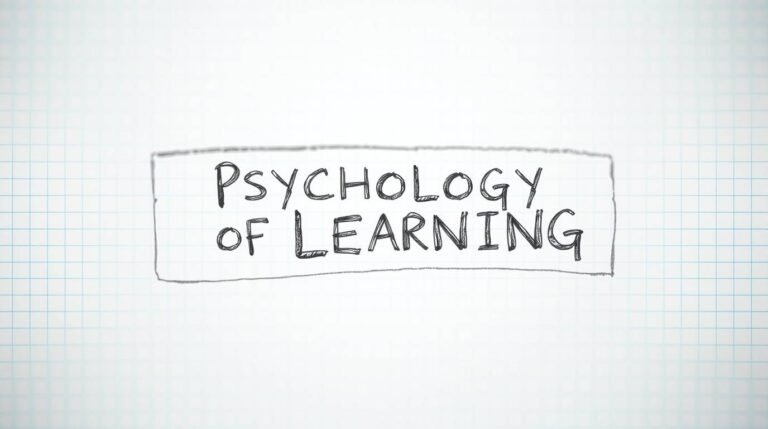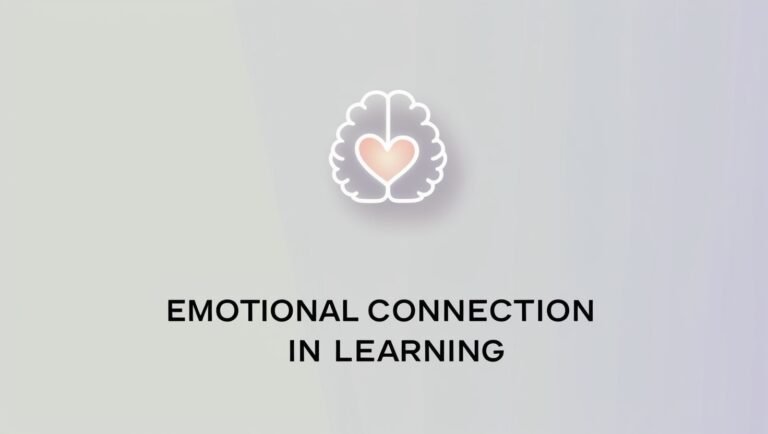In today’s fast-paced world, maintaining focus can be a significant challenge. With constant distractions and the pressure to juggle multiple tasks, it’s easy to find ourselves overwhelmed and less productive. Fortunately, effective strategies to increase concentration and improve focus can help you achieve your goals and manage stress. In this blog, we will explore five practical methods to enhance focus: avoiding multitasking, taking brief breaks between tasks, writing task lists, engaging your senses to ground yourself, and practicing the 4-2-4 breathing technique. Each method is supported by scientific research and real-world applications, offering simple yet powerful tools to help you stay on track and perform at your best. Whether you’re a student preparing for exams or a professional managing a busy schedule, these strategies can make a meaningful difference in your ability to focus and succeed.
1. Avoid Multitasking
Purpose: Focus on one task at a time to increase efficiency and reduce errors.
Imagine you’re a student trying to study for a math test while also checking your phone for social media updates. Your brain has to constantly switch between focusing on your math problems and reading the latest posts. Research from Stanford University found that people who multitask are less efficient and have more trouble organizing their thoughts and filtering out irrelevant information. This means that as a student, you may end up spending more time studying and retaining less information, ultimately leading to poorer performance on your test.
Now, consider an employee in a corporate office who is writing an important report while also responding to emails and attending virtual meetings. A study by the American Psychological Association discovered that shifting between tasks can reduce productivity by up to 40%. This means the employee might miss critical details in the report, make more mistakes, and feel more stressed.
Scientific research also shows that multitasking increases the production of cortisol, the stress hormone, and adrenaline, which can overstimulate your brain and cause mental fog. Additionally, a University of London study revealed that multitasking can lower your IQ similar to losing a night’s sleep.
These real-world scenarios highlight the negative impacts of multitasking on productivity, accuracy, and mental well-being. By focusing on one task at a time, whether you’re a student studying or an employee working, you can work more efficiently, retain more information, and reduce stress, leading to better overall performance and health.
2. Take 15-second Breaks Between Tasks
Purpose: Brief breaks can help reset your mind and prepare you for the next task.
Imagine a corporate employee working on a complex project for hours without a break. As time goes on, their concentration wanes, and they start making mistakes. Research has shown that our brains can only maintain intense focus for about 90 minutes before needing a rest. Taking short breaks can significantly improve productivity and accuracy.
A study conducted by the University of Illinois found that brief breaks can improve focus and performance. The researchers discovered that even short, 15-second breaks could help refresh the mind, making it easier to tackle the next task with renewed energy and clarity.
Similarly, consider a student studying for a big exam. After a while, their attention starts to drift, and it becomes harder to absorb new information. A study by the National Institutes of Health (NIH) supports the idea that short breaks can enhance learning and memory retention. These breaks prevent cognitive overload and allow the brain to process and consolidate information more effectively.
By taking 15-second breaks between tasks, whether in a corporate setting or while studying, you can recharge your mental energy, reduce mistakes, and improve overall performance. This simple practice helps maintain high levels of focus and productivity throughout the day.
3. Write a Simple Task List for Tomorrow
Purpose: Plan your tasks ahead to stay organized and clear-headed.
Consider a student who feels overwhelmed by the amount of homework and studying they need to complete. They don’t know where to start, and this anxiety makes it hard for them to focus. Writing a simple task list for the next day can transform this chaos into a clear plan. Research from the Dominican University of California found that people who write down their goals and tasks are 42% more likely to achieve them. By organizing their tasks into a list, the student can approach each one methodically, reducing stress and improving productivity.
In a corporate environment, imagine an employee with multiple projects and meetings to manage. Without a clear plan, they may jump from task to task without making meaningful progress. A study published in the Journal of Personality and Social Psychology found that making a to-do list helps prioritize tasks, reduces anxiety, and increases productivity. By writing a simple task list for the following day, the employee can focus on one task at a time and ensure that important tasks are not overlooked.
Psychological research also indicates that completing tasks and checking them off a list releases dopamine, the feel-good hormone, which enhances motivation and satisfaction. By planning ahead and writing down tasks, both students and professionals can create a structured approach to their work, making it easier to stay focused and accomplish their goals effectively.
4. Engage Your Five Senses When Distracted
Purpose: Use your senses to ground yourself by noting what you see, hear, smell, taste, and feel.
Imagine a student trying to concentrate on studying, but their mind keeps wandering. They might find it hard to stay focused on the material. Engaging the five senses can help ground them in the present moment. A study published in the Journal of Behavioral and Brain Science found that sensory grounding techniques can significantly reduce anxiety and improve concentration. By focusing on what they see, hear, smell, taste, and feel, the student can bring their attention back to the task at hand and reduce distractions.
In a corporate setting, consider an employee working on a critical report. Suddenly, they are distracted by thoughts about an upcoming meeting. Instead of losing focus, they can use their senses to regain concentration. Research from Harvard Medical School indicates that mindfulness practices, which often involve sensory awareness, can enhance attention and cognitive performance. By taking a moment to notice their surroundings—perhaps the sound of typing, the feel of the chair, the sight of their desk—they can refocus their mind on the current task.
Engaging the five senses helps activate different parts of the brain, creating a fuller, more immersive experience that can pull one out of distracting thoughts. Whether for students or professionals, using sensory grounding techniques can be a powerful tool to maintain focus and enhance productivity.
5. Practice the 4-2-4 Breathing Method
Purpose: Breathe in for 4 seconds, hold for 2 seconds, and breathe out for 4 seconds. Repeat 20 times each morning and evening to enhance focus and calmness.
Imagine a student feeling anxious before an important exam. Their mind races, making it difficult to concentrate. Practicing the 4-2-4 breathing method—breathing in for 4 seconds, holding for 2 seconds, and exhaling for 4 seconds—can help calm their nerves. Research from the Mayo Clinic shows that deep breathing exercises can reduce stress and improve mental clarity. By focusing on their breath, the student can lower their heart rate and enhance their ability to focus on the exam.
Similarly, think of an employee who feels overwhelmed by a busy workday. They have back-to-back meetings and a looming project deadline. Taking a few minutes to practice the 4-2-4 breathing method can help them manage stress and regain focus. A study published in the Journal of Psychophysiology found that controlled breathing techniques can decrease anxiety and improve cognitive function. By incorporating this simple practice into their morning and evening routines, the employee can start and end their day with a clear mind and a sense of calm.
Breathing exercises like the 4-2-4 method activate the parasympathetic nervous system, which promotes relaxation and reduces stress hormones. By practicing this method 20 times each morning and evening, both students and professionals can enhance their focus, reduce anxiety, and improve overall well-being.
Conclusion
Improving focus is crucial for enhancing productivity and well-being, whether you’re a student preparing for exams or a professional managing a busy workload. By implementing simple, science-backed strategies, you can significantly boost your ability to concentrate and achieve your goals. Avoiding multitasking ensures that your brain remains efficient and less prone to errors. Taking brief, 15-second breaks between tasks allows your mind to reset and maintain high performance. Writing a task list for the following day helps organize your priorities and reduces anxiety. Engaging your five senses when distracted can ground your attention and improve focus. Finally, practicing the 4-2-4 breathing method helps manage stress and clear your mind.
Incorporating these techniques into your daily routine can lead to more productive and focused work sessions, reduced stress levels, and overall better performance. By adopting these practices, you can transform how you approach your tasks, leading to more effective and fulfilling outcomes in both your personal and professional life.




